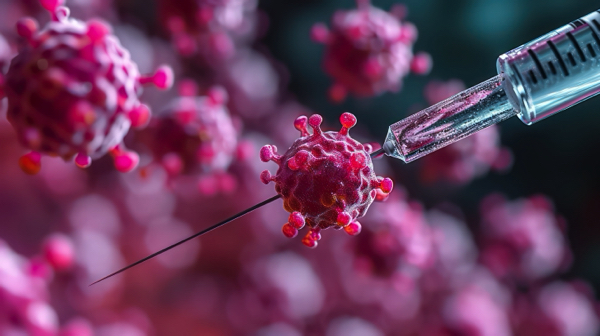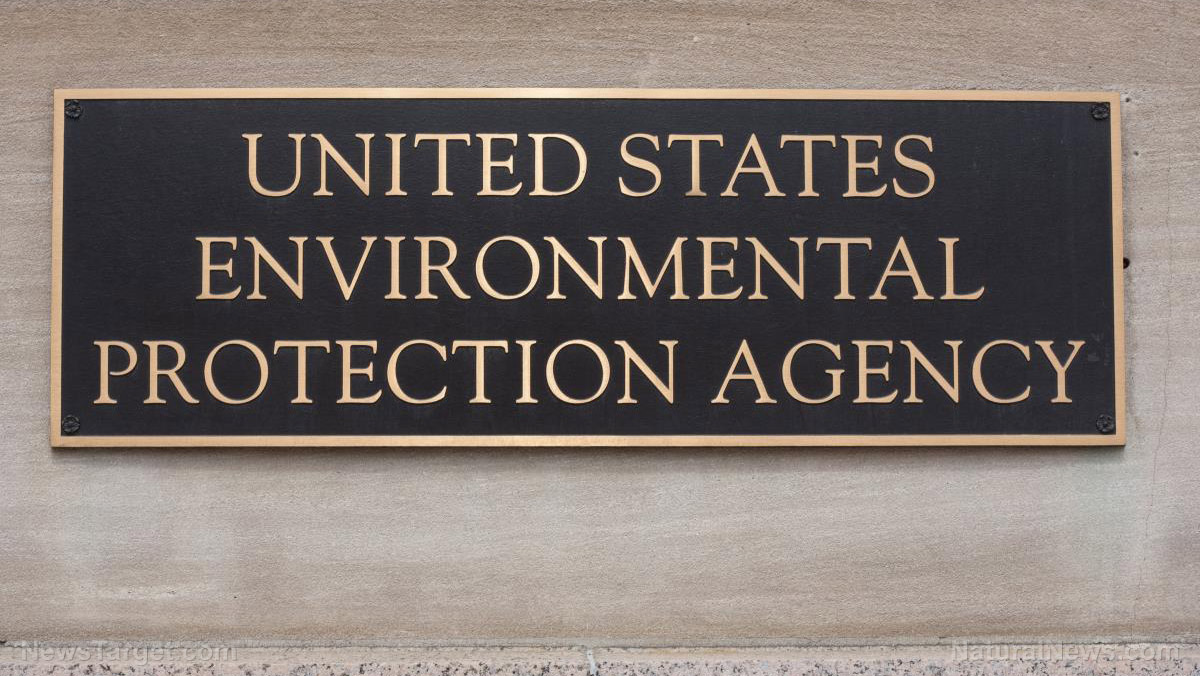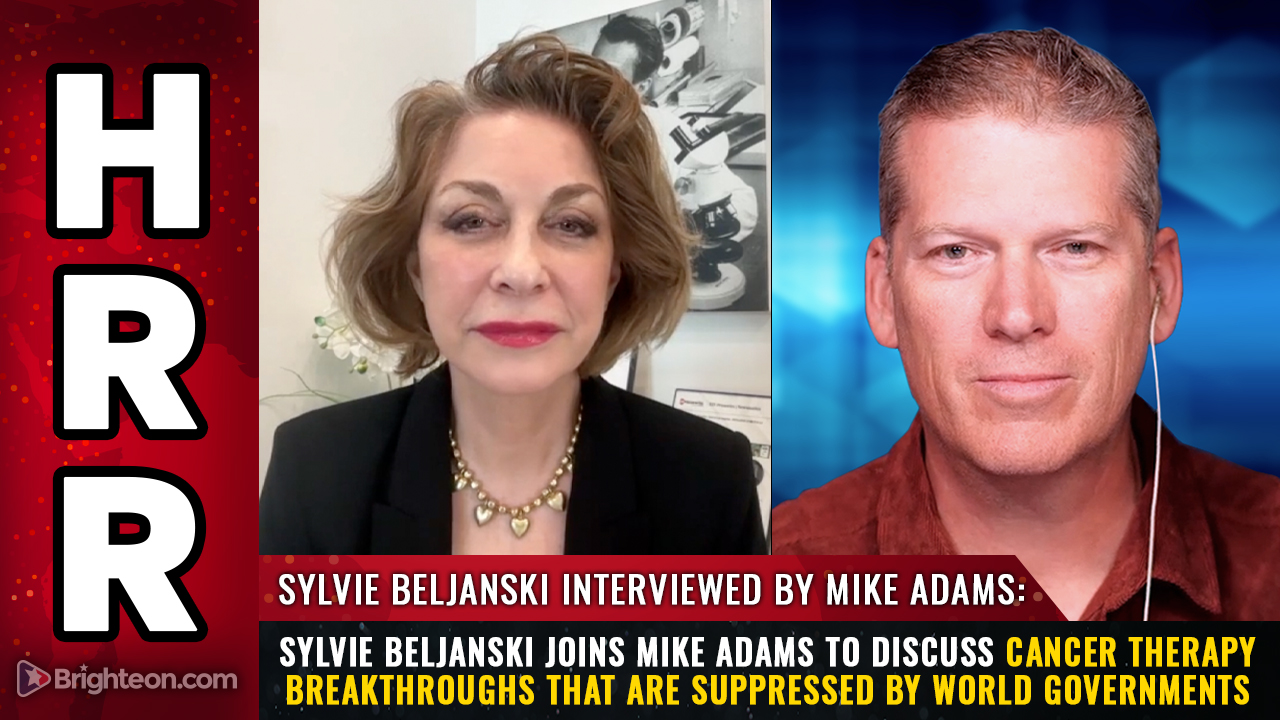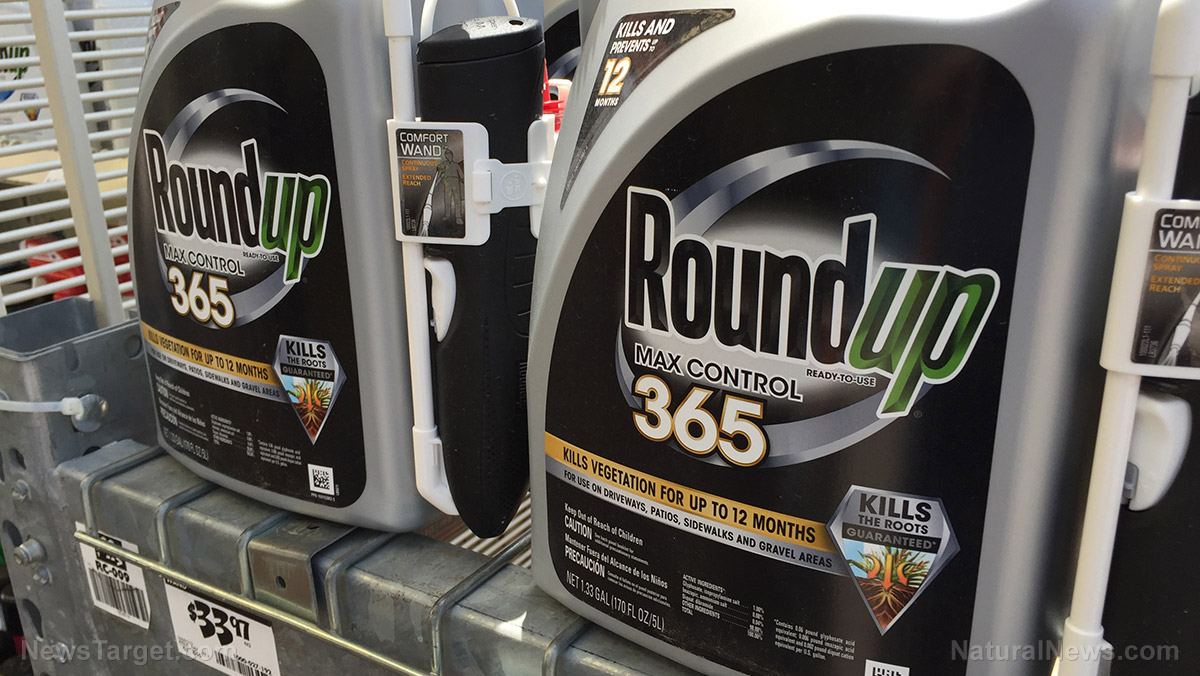Desperate Bayer seeks Supreme Court shield amid increasing Roundup lawsuits
04/08/2025 / By Cassie B.

- Bayer is urging the Supreme Court to block state lawsuits tying Roundup to cancer, seeking to silence victims and protect profits.
- The company faces a $16 billion legal crisis, including a recent $2.1 billion verdict in Georgia.
- Over 181,000 claims blame glyphosate for cancer, despite Bayer and the EPA denying risks contradicted by independent research.
- Bayer is lobbying states to shield pesticide makers from lawsuits, sparking backlash from lawmakers and affected families.
- Internal emails reveal Monsanto manipulated EPA studies, but courts continue ruling in favor of cancer victims.
In an outrageous attempt to dodge accountability, agrochemical giant Bayer has asked the U.S. Supreme Court to halt all state lawsuits linking its flagship herbicide Roundup to cancer in a blatant power grab aimed at silencing victims and protecting profits. The company’s petition, filed last week, argues that federal pesticide laws should prevent states from requiring cancer warnings, even as billions in jury verdicts and settlements pile up over Roundup’s alleged role in causing non-Hodgkin’s lymphoma.
The appeal follows a Missouri court’s $1.25 million verdict for a St. Louis man who developed cancer after years of using Roundup—a case Bayer insists should never have gone to trial. But this isn’t an isolated incident. Just last month, a Georgia jury hit Bayer with a staggering $2.1 billion penalty in another Roundup lawsuit, adding to the company’s $16 billion in existing legal liabilities. The question isn’t just about science—it’s about corporate greed rigging the system.
A pattern of evasion
Bayer, which bought Monsanto in 2018, inherited not just Roundup but a legal nightmare. Over 181,000 claims blame glyphosate—Roundup’s key ingredient—for causing cancer, with studies from the World Health Organization’s cancer agency labeling it “probably carcinogenic.” Yet Bayer clings to the EPA’s controversial stance that glyphosate is safe, even as courts and independent researchers dispute it.
The Supreme Court rejected Bayer’s plea in 2022, but the company is banking on a favorable ruling now, citing conflicting appeals court decisions. A win would torpedo future lawsuits, shielding Bayer from billions more in payouts—a lifeline for a company whose stock has cratered 70% since the Monsanto deal.
Doubling down on lobbying
Even as it fights in court, Bayer is pushing state legislatures to grant immunity to pesticide makers. Georgia just passed a Bayer-backed bill shielding companies from failure-to-warn lawsuits if their products carry federal approval—a move critics call the “cancer gag act.” Similar bills are advancing in Tennessee, North Dakota, and Iowa, though grassroots pushback has stalled some efforts.
In Missouri, Republican state Sen. Nick Schroer blasted the proposal as a “betrayal of public trust,” while Iowa’s House Republicans refused to advance the bill amid outcry from families who blame pesticides for loved ones’ cancers.
Profits over people
Bayer’s threats to pull glyphosate from the U.S. market if lawsuits continue ring hollow. The company already removed it from consumer Roundup products—but not agricultural ones, where profits are higher. “If glyphosate falls to the litigation industry, what’s next?” asked Bayer’s Jess Christiansen, framing accountability as a threat to “innovation.” But for farmers and landscapers diagnosed with cancer after decades of use, the real innovation would be honesty.
The EPA’s cozy relationship with agrochemical giants is under fire, too. While the agency insists glyphosate is safe, internal emails reveal Monsanto manipulated studies and leaned on regulators to suppress concerns. Courts, meanwhile, keep siding with victims—like the California couple awarded $86 million in 2022, a verdict Bayer couldn’t overturn.
Bayer’s Supreme Court ploy is a last-ditch effort to escape justice, but the tide is turning. With billions in losses, a collapsing stock price, and mounting public anger, the company’s playbook—delay, deny, deflect—may be running out of time. For the thousands awaiting their day in court, the message is clear: No corporate shield should outweigh the right to know if a product could kill you.
Sources for this article include:
Submit a correction >>
Tagged Under:
absurd, Bayer, chemicals, glyphosate, harvest, lawsuits, Monsanto, poison, Roundup, Suppressed, toxins
This article may contain statements that reflect the opinion of the author




















